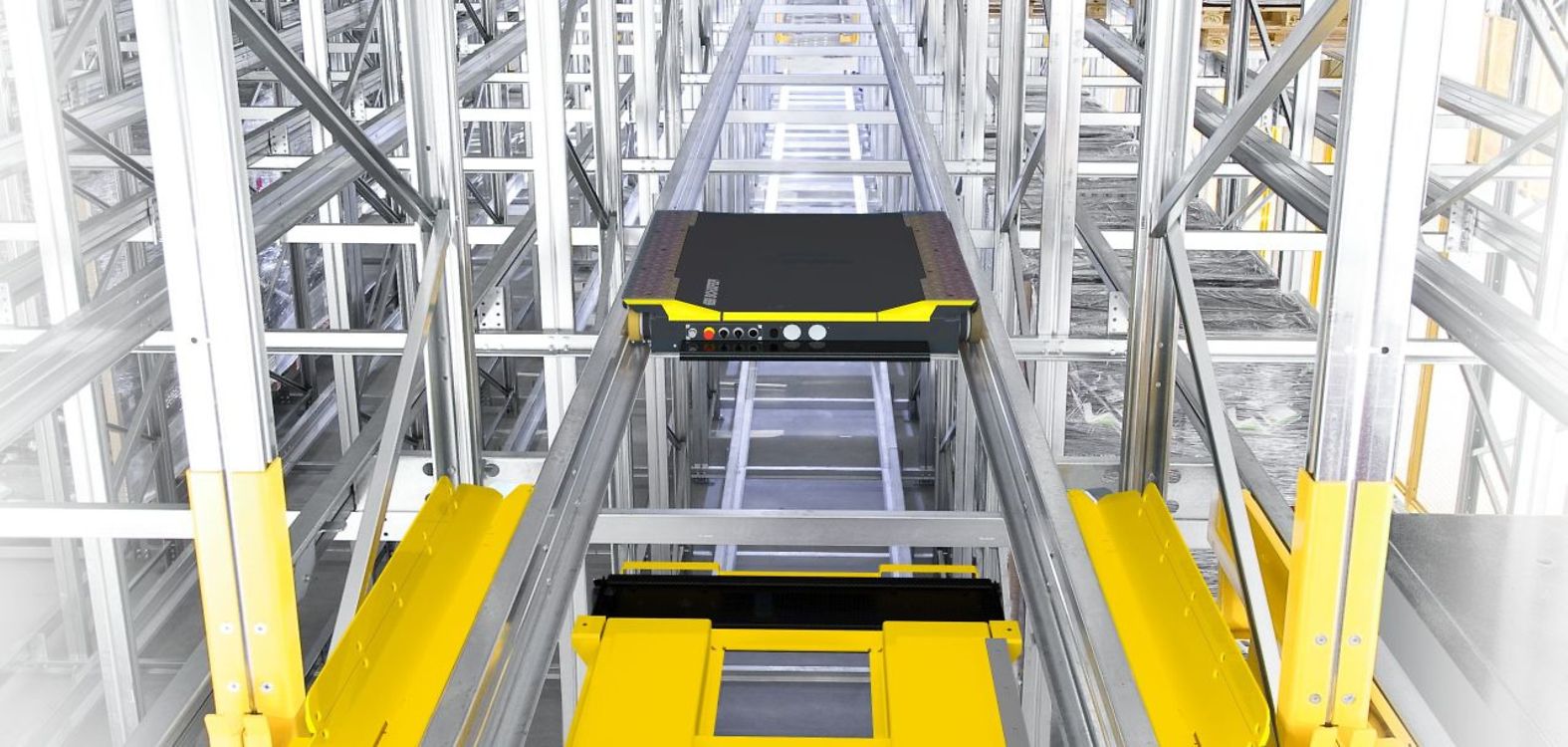
Industry 4.0: The Digital Transformation in Manufacturing
Industry 4.0. refers to the increased use of digital technologies and data in manufacturing. Many manufacturers are making the digital transformation to improve productivity, safety, and adaption in their operations.
One of the most important characteristics of Industry 4.0 is flexibility in the warehouse, allowing businesses to meet customer demands quickly and easily. With accurate information sharing, configurability, and simple processes, manufacturers can plan, implement, and operate for the future.
The Four Industrial Revolutions
Past industrial revolutions have been a major driving force behind current manufacturing innovations that led to Industry 4.0.
The first industrial revolution, in the 18th century, was powered by water and steam. This led to the advent of new production methods and the rise of factories.
The second industrial revolution took place in the late 19th century and was powered by electricity. This movement led to the mass production of goods and further increased the efficiency of factories.
The third industrial revolution, which began in the late 20th century, was powered by computers and automation. This led to even more efficient production methods and the rise of global supply chains.
And now, in the 21st century, we are in the midst of the fourth industrial revolution, Industry 4.0. This latest revolution is powered by digital technologies, such as data analytics, robotics, and artificial intelligence. These technologies are transforming manufacturing by making it more flexible, responsive, and efficient.
It’s important to note that the fourth industrial revolution is not just about technology – it’s about using technology to transform the way we do business.
The Benefits of Making the Industry 4.0 Switch to a More Automated Warehouse
Having a warehouse that has a flexible adaptation to meet consumer demands with automated material flow and intelligent decision making will be able to produce a higher volume of goods, significantly increasing the ROI. In addition, about 40% of manufacturers have implemented industry 4.0 tactics, an essential move for long-term success in the supply chain industry. There are many benefits of making the switch to an automated warehouse, including:
Enhanced Safety
Automated warehouses eliminate the need for employees to handle heavy machinery and dangerous chemicals, improving safety across operations.
Improved Accuracy & Productivity
Because automated warehouses can continually run processes, they prove to be more productive and have less room for human error.
Greater Flexibility
Automated warehouses are more flexible and adaptable because they can be reconfigured to meet changing customer demands.
Improved Energy Efficiency
Automated warehouses use less energy and water and generate less waste overall.
Enforced Standard Procedures
Automated machinery can help enforce standard procedures, such as safety and quality.
What’s Preventing Businesses From Making the Industry 4.0 Digital Transformation?
Funding
One of the biggest obstacles businesses face is a lack of funding. Many companies don’t have the budget to invest in new technologies. Investing in new digital technologies and responsive, automated solutions can be costly. However, higher ROIs post-Industry 4.0 prove the transition to be worth it.
In fact, 50% of companies expect these processes to produce double-digit revenue growth in the next five years. It poses the question of whether or not companies can afford not to make the digital transformation.
Lack of Labor
Another obstacle preventing companies from making the digital transformation is a lack of labor or talent. Many operations and supply chain managers struggle to train employees or find employees with the skills needed to implement and manage new technologies.
Change Management
Change can be difficult for any organization, but it can be especially difficult for manufacturing businesses because manufacturing is a complex and intricate process that requires careful planning and coordination. When you add new technologies, it can be hard to keep everything running smoothly.
The Industry 4.0 Transformation: Partner With McMurray Stern
A specialty contractor, we built our reputation on a fully integrated design-build process that ensures projects are professionally managed from concept to execution. Each project is managed by a team responsible for design, order placement, planning, site meetings, installation, and service and maintenance. Our installation and maintenance crew members are factory-trained employees of McMurray Stern.
Our capabilities and services are geared towards getting the companies we serve ready for the future. We are proud to call ourselves an industry leader in automated storage solutions. We have helped many businesses make the digital transformation to set their operations up for future long-term success. Contact us to learn more!
Recent blogs
Contrary to popular belief, Lorem Ipsum is not simply random text. It has roots in a piece of classical Latin literature from 45 BC